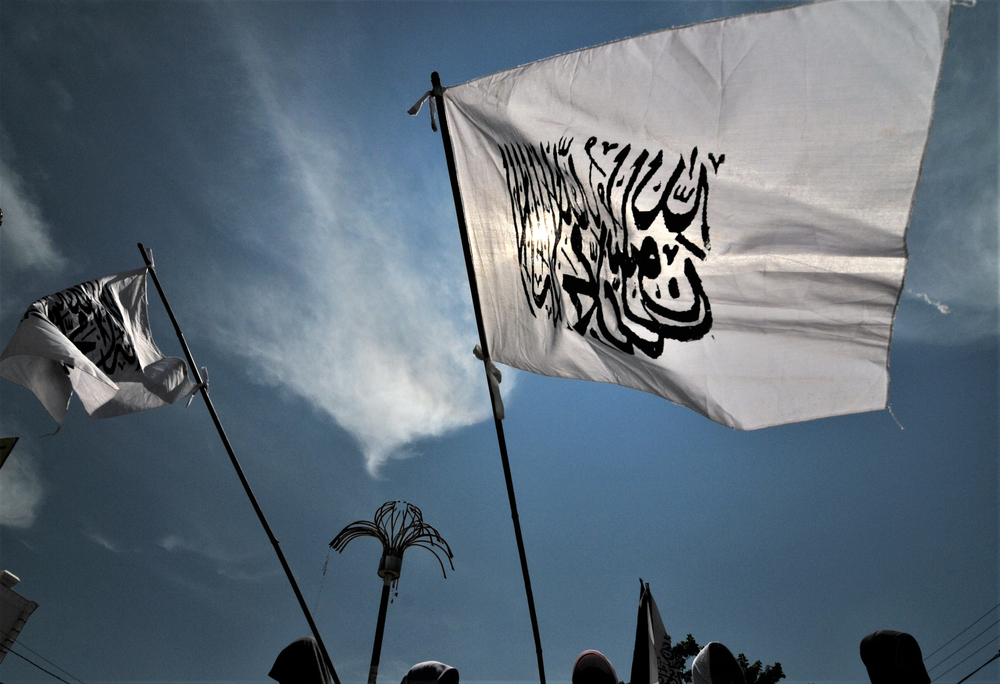The word ‘idealism’ is not new; its origin dates back to ancient times. It is derived from the ancient Greek word ‘idein’, meaning to see. Philosophically, many have used the term, but in modern times, Gottfried Wilhelm Leibniz (1646–1716) notably applied it. He primarily derives this term from Plato’s ideas, meaning to acquire an actual and true sense of reality. Leibniz views idealism as a simple mental substance whose features exhaust fundamental reality. He sees idealism as a non-materialistic metaphysics that supports the argument that ideas play a pivotal role in reaching reality.
The father of idealism, Plato, a Greek philosopher, presents his views in his famous treatise The Republic. He distinguishes two phenomena: one focusing on spiritualism or the world of the mind, which is eternal, perpetual, and universal (idealism), and the other focusing purely on physical appearance, viewing the world from a materialistic approach, which is imperfect and disorderly.
Among prominent Islamic philosophers of the Golden Age, Al-Farabi propounded ideas about the ideal state and its administration. Although some scholars believe Al-Farabi’s work is inspired by Plato and Aristotle’s ideas on creating an ideal society, Al-Farabi’s unique contribution is his focus on the “true happiness” as the ultimate goal of life. He explains that true happiness relates to an idealized personality achieved through philosophical enlightenment.
Al-Farabi elaborates that the creation of an ideal personality depends on collaboration and solidarity, as each individual has distinctive capabilities. No one can reach ideal maturity or perfection without the contributions of others.
When looking at Islam, it does not concentrate on idealism as a theory but focuses on a practical, perfect system tested by mankind and still functioning effectively, arguably better than many Western ideals. Islam primarily believes in equality, justice, fair play, women’s rights, children’s rights, rights of the elderly, and so forth.
However, some scholars argue that Islam and idealism share common ground on democracy as a result of glorious traditions, while others disagree.
In conclusion, the contemporary world broadly accepts the political thoughts propounded by liberalism, though realism remains prevalent and relevant. Liberalism emphasizes individual liberty and the minimization of government roles in modern times to foster cooperation and democratic norms.
References
-
Luk’ianov, M. N. (2008). Dumskaia model’ parlamentarizma v Rossiiskoi Imperii: Etnokonfessional’noe i regional’noe izmereniia. Slavic Review, 67(2), 491-492.
-
Moravcsik, Andrew. Liberalism and international relations theory. No. 92-96. Cambridge, MA: Center for International Affairs, Harvard University, 1992.
-
Moravcsik, Andrew. “Liberal theories of international relations: a primer.” Princeton, NJ: Princeton University (2010).
-
[Additional references on Islam and democracy — you can specify or add if needed.]
-
[Additional references on debates about Islam and idealism.]
-
[General references on liberalism and democracy.]

